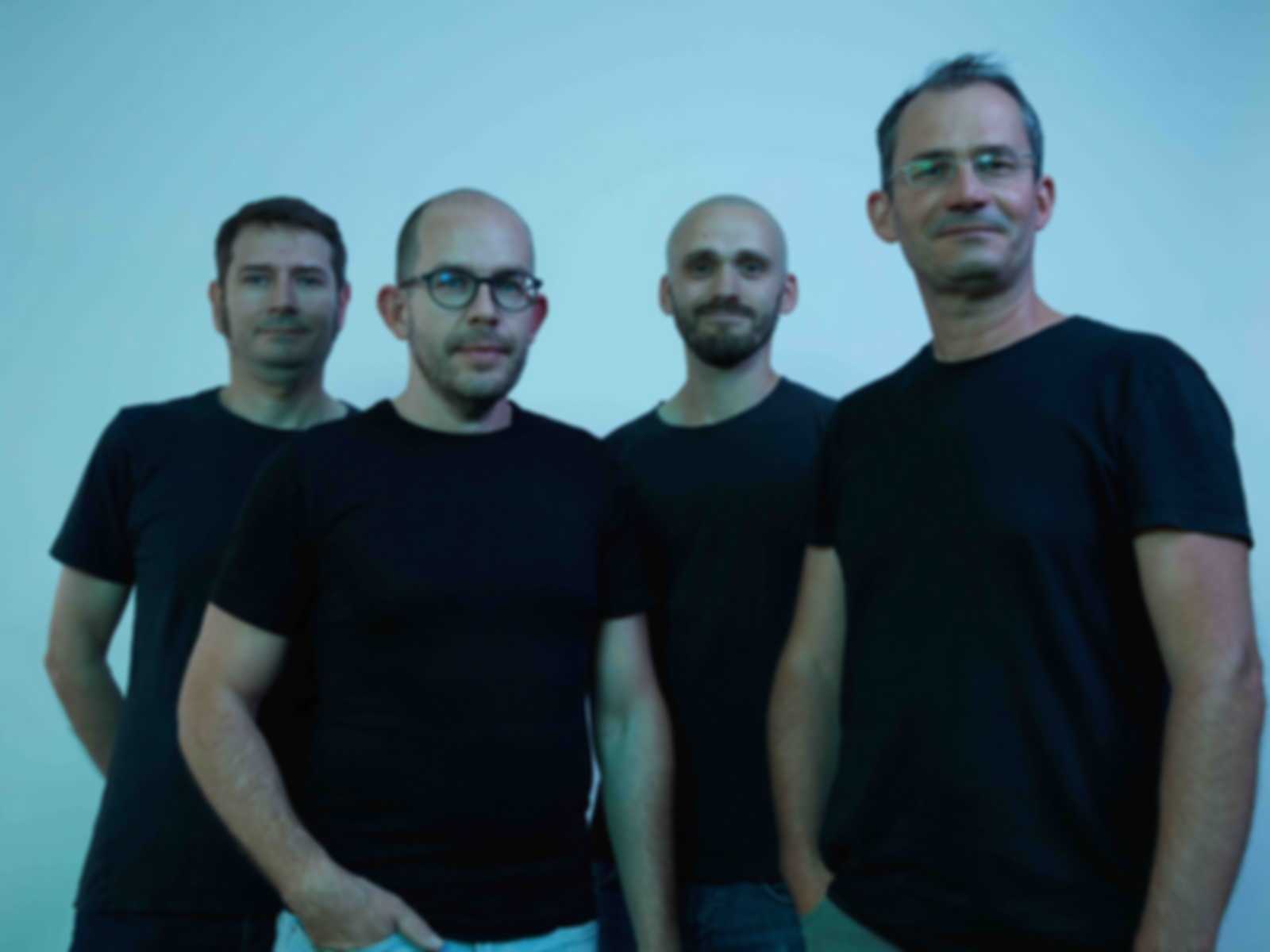Strengthening Digital Sovereignty
Sovereign Tech Fund aims to support stable and vital open source ecosystem


We often only notice how critical a functioning infrastructure is to our lives when it stops working. Analog vulnerabilities are more quickly visible, but there are many examples of this in the digital realm as well: problems in data collection and in poorly digitized administrative structures in the Corona pandemic, the Heartbleed bug discovered in 2014, or the massive Log4j vulnerability discovered in 2021. These problems show how far-reaching the dependencies are and how large-scale the impact of software infrastructure is on the economy, administration, and society. A fact that Fiona Krakenbürger and Adriana Groh no longer want to accept: With their focus on sustainability and diversity in technology development as well as democratic innovations, they advocate for digital sovereignty.
Without a functioning infrastructure, no innovation will succeed either. That's because innovative digital technologies in particular are almost never built from scratch,
explains Fiona Krakenbürger, who has many years of experience in open source funding, including at the Open Technology Fund in Washington, D.C. New applications are almost always based on existing software and code, that gets adapted and improved for new use cases.
The use of such Open Digital Base Technologies, or ODBT for short, can thus greatly simplify new and further development and reduce development costs, since it is possible to fall back on the multitude of modules and code libraries. Thus, proper infrastructure maintenance can increase innovation and development speed, which is especially crucial to develop breakthrough technologies.
Adriana Groh, former head of the Prototype Fund, a program for innovation funding in the area of open source software, and Fiona Krakenbürger, who was also part of the Prototype Fund Team, therefore began working on a funding program for ODBT as part of a feasibility study. The study was commissioned by the German Federal Ministry for Economic Affairs and Climate Action and revealed many deficits and potentials in the area of open source. The maintenance of Open Digital Base Technologies, on which many applications and products depend, is too often the result of voluntary work,
reports Fiona Krakenbürger. ODBT are central to an innovative economy and secure government because they are built into the entire supply chain many times over. Examples of such enabling technologies include code libraries or standardized protocols used by developers to write application software and ensure that it works.
While many commercial users are deploying these ODBT, too few are testing their functionality and status or return enhancements to the open source ecosystem.
This creates a structural problem: As a result of the fact that good quality ODBT is built into numerous systems through easy availability and licenses, their scaling often becomes larger than the resources of the code developers allow,
explains Adriana Groh. Open Digital Base Technologies should be understood as a digital public good and part of a digital public service.
They elude individual responsibility and the so-called free rider problem arises: Each user assumes that someone else will take care of continuing to make the good available or maintaining it. To offset these negative effects and strengthen a solid digital foundation for the future, we need targeted investments.
The solution the feasibility study suggests: Setting up a Sovereign Tech Fund to do just that. It was initiated by Krakenbürger, Groh and others around the Open Knowledge Foundation Germany and is now supported by SPRIND. The concern and desire for better care of digital infrastructure is discussed internationally in open source communities, and knowledge from this network, for example the work of technology researcher Katharina Meyer and the experience of Felix Reda, former member of the European Parliament and fellow at Harvard University, has been incorporated into the creation of the Sovereign Tech Fund.
By supporting a long-term resilient and sustainable open source ecosystem, the development and maintenance of relevant software components can be improved, thus strengthening competitiveness and innovation as well as efficient governance and an empowered civil society,
elaborates Fiona Krakenbürger. The goal of digital sovereignty, i.e. the self-determined use and design of digital technologies and systems by individuals, private organizations and the state, cannot be achieved without a robust open source ecosystem. Open Digital Base Technologies are of particular importance in this regard. We must see the design and maintenance of our digital infrastructure as a public task,
says Adriana Groh, because it is not only in crises that the resilience and accessibility of our infrastructures and the speed and effectiveness of our innovations are crucial for the future.

The Sovereign Tech Fund has been strengthening the invisible infrastructure as well as the entire open source ecosystem since 2022. Over 45 critical technologies are supported and many more have been identified so far through submitted applications and own research. Totaling around EUR 18.5 million, the contracts finance relevant development work, important maintenance and sustainable improvements in open digital basic technologies, whose maintainers are often unpaid and overworked. In addition, initiatives such as the bug resilience program, the Contribute Back Challenges and Fellowship for Maintainers are being set up and tested in order to pilot and evaluate further instruments. The aim is to strengthen digital sovereignty, in other words, the self-determined use of digital technologies and systems by individuals, companies and governments, and to work together with communities to find new ways to address the various needs and challenges in the open source ecosystem.
More about Sovereign Tech Fund: sovereigntechfund.de
WHY WE ARE COMMITTED Because Open Digital Base Technologies are the foundation of innovation and digital empowerment. Because strengthening the open source ecosystem is essential for a digital and sovereign society. Because secure digital infrastructure must be understood as a digital public service.
WHAT WE DO We incubate the Sovereign Tech Fund. We invest in Open Digital Base Technologies in a pilot round.
THE POTENTIAL WE SEE A strong digital foundation for the future. Digital sovereignty for society, economy and administration in Europe. A sustainable and efficient use of Open Software. A secure and vital Open Source ecosystem enabling innovation, new business models and sustainable usable resources for all.
OPENNESS, USABILITY AND SECURITY We want to secure the self-determined use and design of digital technologies with the Sovereign Tech Fund.
12 December 2022
What is technological sovereignty? What role does open source software play in this? And should the state financially support the developers of open digital systems? Our host Thomas Ramge talks to Adriana Groh, co-founder of the Sovereign Tech Fund.
Listen to the episode (in German).




